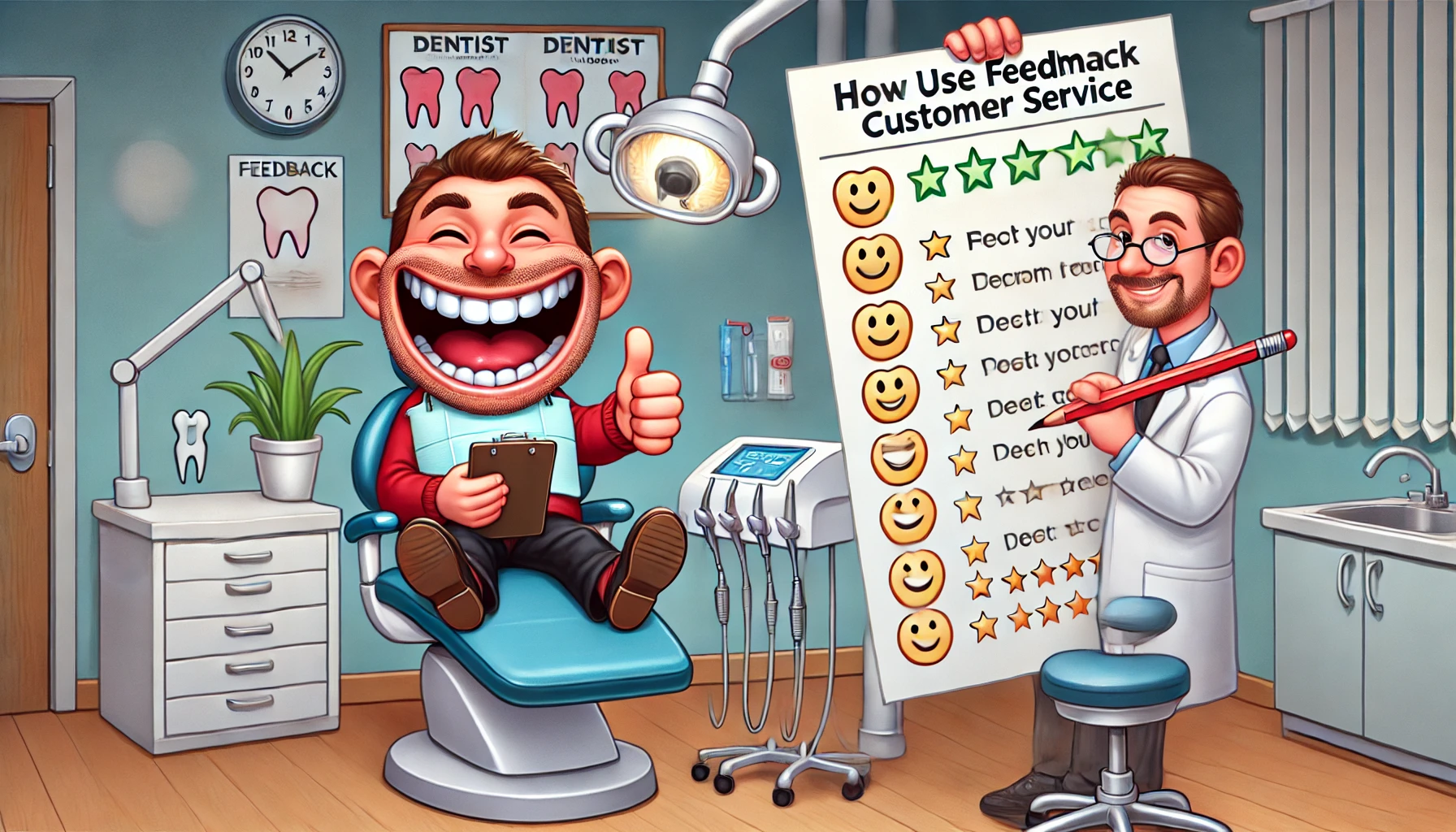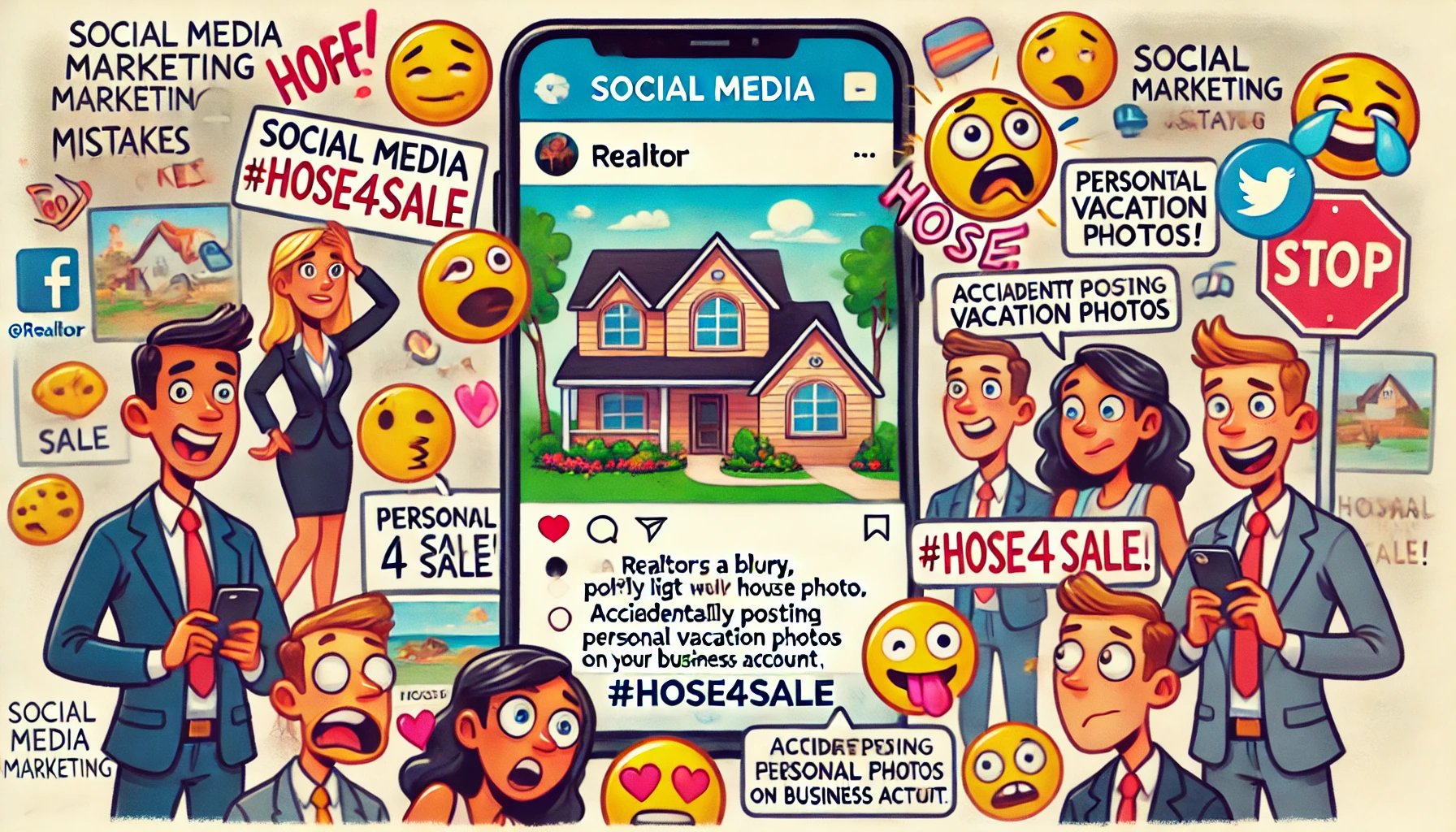Small business crisis communication: Enhance trust and retain clients
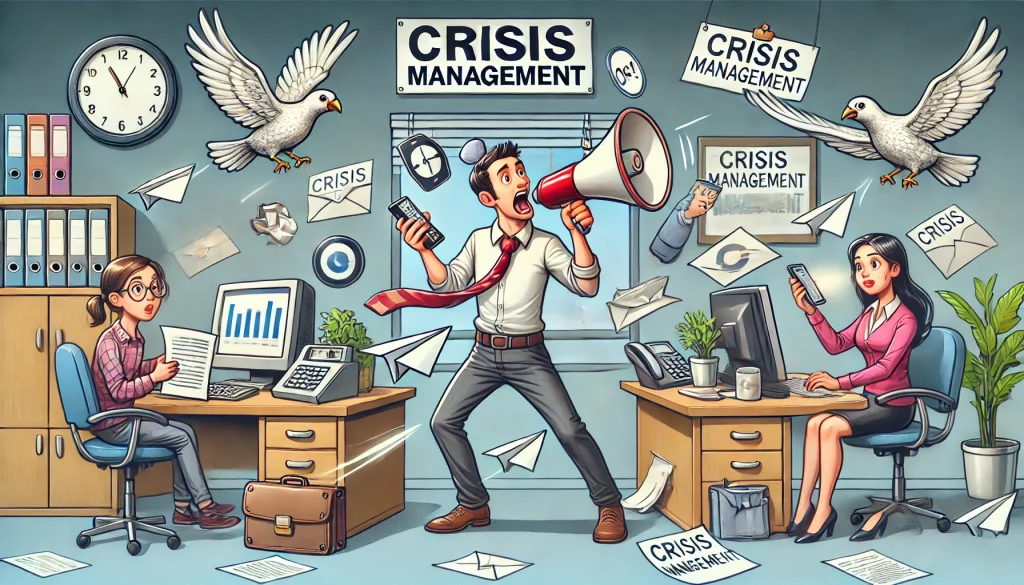
Effective communication during a crisis is essential for small businesses to retain customer trust and loyalty. Providing clear and timely information ensures customers remain informed and engaged.
In this article, we will explore the key elements of crisis communication, including how to prepare for a crisis, useful tools for organizing communication, and expert opinions on effective strategies for small businesses.
Key elements of crisis communication
Speed: Respond quickly to avoid rumors and misinformation. Timely updates show that the business is actively addressing the situation.
According to a study by Deloitte, 60% of consumers expect companies to respond to a crisis within an hour.
Clarity: Explain the situation in simple terms without jargon. Clear communication helps customers understand the issues and your response.
Research by the Nielsen Norman Group found that clear and concise communication can improve customer understanding by 34%.
Honesty: Be transparent about the situation, even if the news isn’t positive. Honesty builds trust and credibility with your customers.
A report by Edelman Trust Barometer shows that 81% of consumers must trust a brand to do what is right.
Empathy: Show compassion for your customers’ concerns. A supportive tone can strengthen your relationship during difficult times.
According to a study by PwC, 73% of consumers say a friendly customer service agent can make them fall in love with a brand.
Action: Outline the specific steps your business is taking to address the crisis. Providing actionable information reassures customers that you are proactive.
McKinsey & Company highlights that businesses that act decisively during a crisis can recover more quickly and effectively.
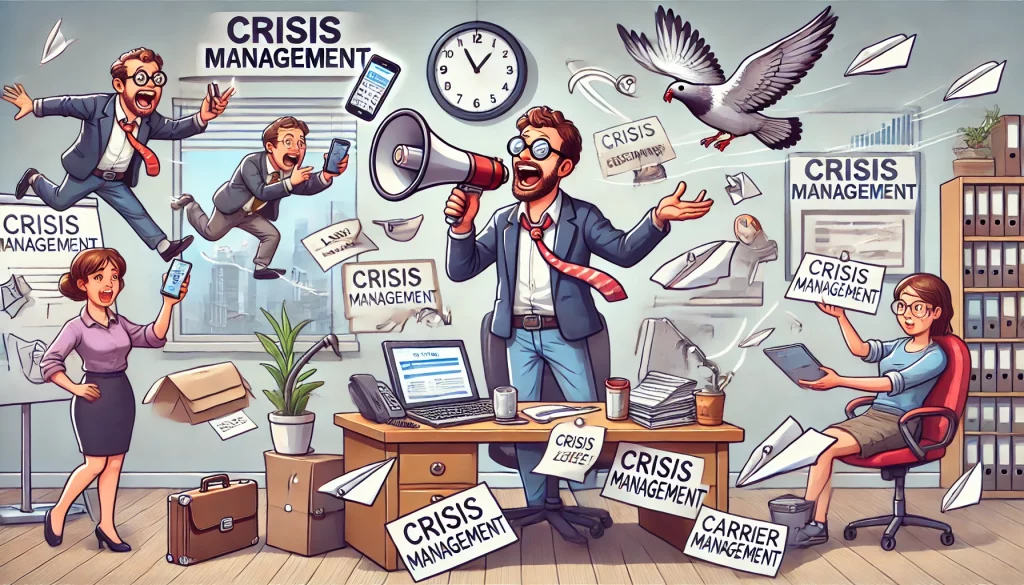
Communication channels
Website
Update your website with the latest information on business operations and changes. Ensure that critical updates are easy to find.
According to HubSpot, 90% of consumers expect a company’s website to have up-to-date information.
Social media
Use social media to share updates and engage with customers. Respond to comments and messages to maintain open communication.
A survey by Sprout Social reveals that 79% of consumers expect brands to respond within 24 hours on social media.
Send email newsletters to keep customers informed about developments. Use email to provide detailed information and updates.
Campaign Monitor reports that emails related to crisis communication have an open rate of 58%, higher than the average.
Text messages
Send brief text messages with essential updates, such as changes in hours or services. Text messages offer a quick way to reach customers directly.
According to EZ Texting, text messages have a 98% open rate within the first three minutes of delivery.
Phone
Answer customer calls to provide information and support. Personal phone interactions can build trust and offer reassurance.
Research by Forrester shows that 69% of customers prefer phone support during a crisis.
Types of crises small businesses may face
Natural disasters: Natural disasters like floods, earthquakes, and fires can disrupt operations. Communicate safety measures and recovery plans to customers.
Public health emergencies: Pandemics and outbreaks can impact business operations. Keep customers informed about health guidelines and operational changes.
Cybersecurity breaches: Data leaks and system outages require immediate action. Inform customers about the breach and steps taken to protect their information.
Product recalls: Safety concerns and quality issues may necessitate product recalls. Provide clear instructions on returning or exchanging affected products.
Negative publicity: Bad reviews or social media scandals can harm your reputation. Address the issue transparently and outline corrective actions.
Economic downturns: Recessions and financial instability can affect business viability. Communicate your plans to adapt and support customers during tough times.
Employee misconduct: Issues like theft, fraud, or harassment need prompt attention. Inform customers about your actions to address and prevent such misconduct.
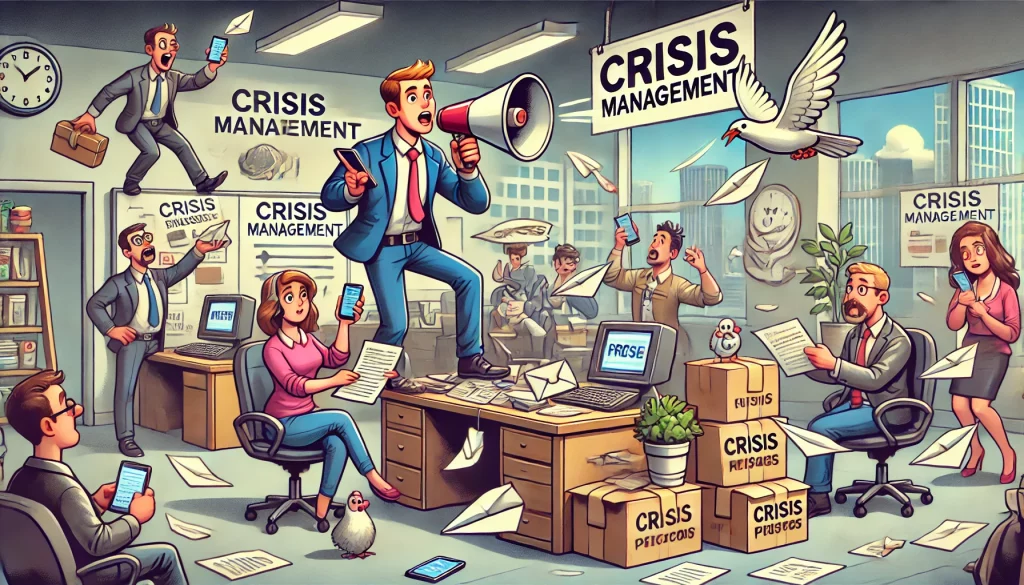
How to prepare for a crisis in advance
Develop a crisis communication plan
Outline roles, responsibilities, and communication channels. A well-defined plan ensures a coordinated response during a crisis.
Identify potential crises
Anticipate possible scenarios and their impact on your business. Being prepared helps in mitigating risks effectively.
Establish a communication team
Form a team responsible for crisis communication. Ensure team members are trained and understand their roles.
Practice your plan
Conduct drills to ensure everyone knows their role. Regular practice ensures readiness and improves response efficiency.
Build relationships with media outlets
Cultivate relationships with local journalists. Good media relations can facilitate better communication during a crisis.
Useful tools for organizing communication
CRM software: Centralize customer information and track communications. CRM systems help manage customer interactions effectively.
Social media management tools: Schedule posts and monitor conversations across platforms. These tools streamline social media activities and engagement.
Email marketing platforms: Send targeted email blasts and track engagement. Email platforms help in reaching a large audience with personalized messages.
Text messaging platforms: Send automated messages and gather feedback. Text platforms offer direct communication and immediate responses.
Project management software: Organize tasks, deadlines, and team communication. Project management tools ensure coordinated and efficient crisis management.
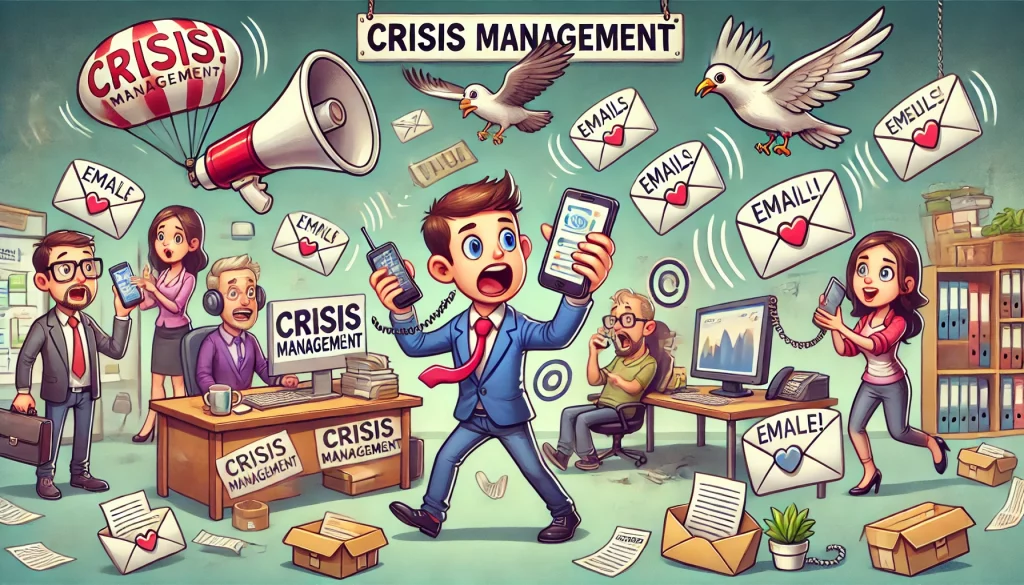
Expert opinions on how small businesses can communicate with clients during a crisis
Emily Thompson, Crisis Communication Specialist: “During a crisis, transparency and empathy are paramount. Small businesses must communicate openly about the situation, how it impacts operations, and what measures are being taken to mitigate the effects. Clients appreciate honesty, even if the news is not entirely positive. It’s crucial to keep the lines of communication open and provide regular updates to maintain trust and loyalty. Additionally, personalizing messages to address individual client concerns can significantly enhance the relationship.”
John Ramirez, Customer Relationship Manager: “Small businesses should leverage multiple communication channels to ensure that clients receive timely and accurate information. Email, social media, and SMS are effective tools for reaching a broad audience. However, it’s important to ensure consistency in messaging across all platforms. Clients need to feel assured that the business is in control and actively managing the crisis. Clear, concise, and consistent communication can prevent misinformation and reduce client anxiety.”
Sarah Patel, Public Relations Consultant: “One of the most effective strategies is to have a pre-established crisis communication plan. This plan should include key messages, designated spokespersons, and a clear protocol for how and when to communicate with clients. By preparing in advance, small businesses can respond swiftly and confidently during a crisis. It’s also beneficial to engage with clients on social media, addressing their questions and concerns in real-time. This not only provides immediate reassurance but also demonstrates the business’s commitment to customer service.”

 6 min
6 min 
